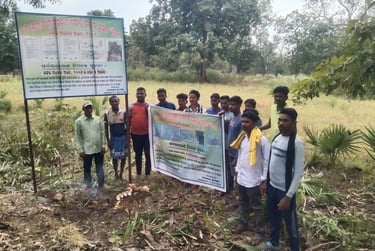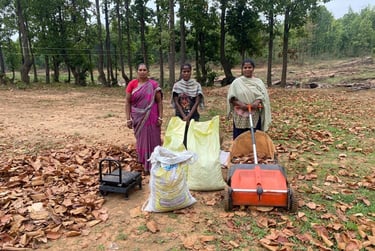
Rethinking Forest Economy
Approximately 60 million indigenous people in India rely on forests for their livelihoods. They possess invaluable knowledge of both the economic and non-economic aspects of forest ecosystems—ranging from sustainable harvesting practices to traditional medicine and cultural heritage. However, millions engaged in collecting seasonal forest products (SFPs) remain trapped in the informal economy, capturing less than 10% of the value they generate. Meanwhile, industrial value chains extract forest-based raw materials worth billions, with little or no traceability to their forest origins.


To address these deeply rooted challenges, a new approach is required—one that tackles the structural causes of poverty in forest-dependent communities: insecure tenure over forest land; invisibility in supply chains, which hinders fair value distribution; and fragmented operations, which result in severe diseconomies of scale.
Consequently, the Initiative on the Forest Economy (IoFE) has developed a strategic framework that seeks to reverse this marginalisation. This approach demonstrates that when communities gain secure ownership, achieve economies of scale through aggregation, and establish direct market visibility, they generate shared prosperity while simultaneously protecting biodiversity and reducing emissions—resolving the false trade-offs that have long dominated forest governance.
To translate this approach into action, IoFE has identified four core building blocks that can enable systemic change on the ground.


Four Building Blocks of Change


Business Ecosystem
Creating aggregation economies and formal market linkages that enable forest-dependent communities to capture value locally while establishing direct partnerships with industry buyers






Cultivating Women’s Leadership
Technology
Multi-Stakeholder Partnership
Developing women's leadership capabilities and strengthening community institutions through systematic capacity building, legal empowerment, and peer learning networks.
Integrating mechanical and digital innovations to increase efficiency, ensure transparency, and enable communities to participate meaningfully in modern forest economies.
Building institutional congruence across government, civil society, private sector, and academic partners to create supportive environments for community-led forest governance.
